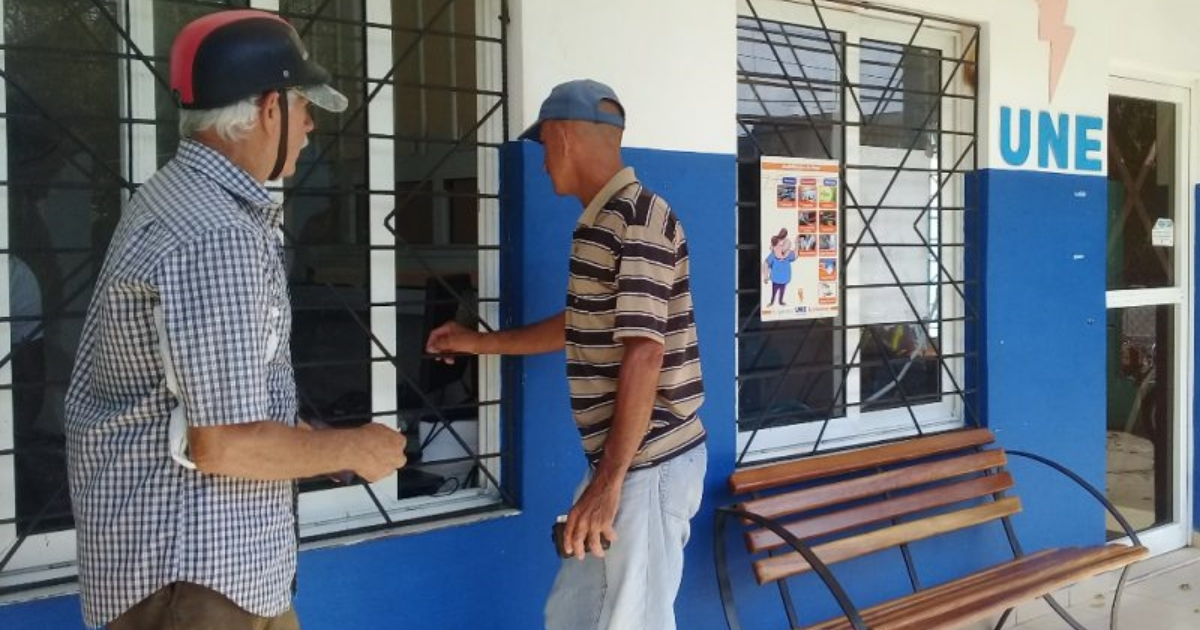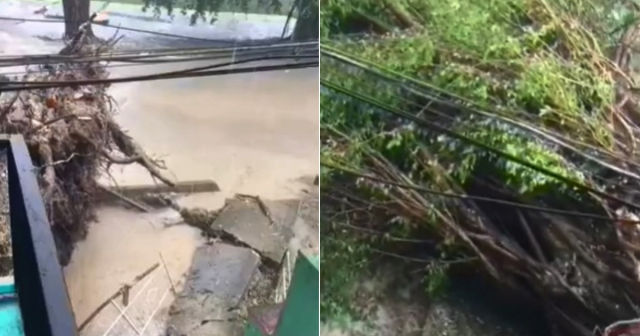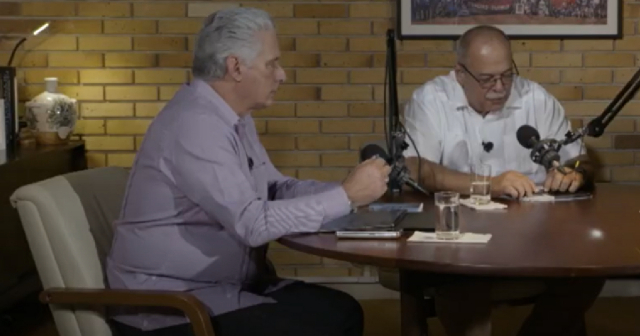
The electric company in the special municipality Isle of Youth he stopped printing his service invoices due to lack of paper; Consumers find out about their debt when they go to pay at commercial offices, banks and post offices, orthrough the EnZona and Transfermóvil applications.
Although this last option offers discounts of up to 10%, the technological gap in Cuba prevents several pineros from accessing the service, either due to their advanced age or because they do not have devices suitable for it.
60% of clients in the residential sector make payment electronically, and the rest through more traditional methods, according to the official newspaper.Victoria Norge García Mayo, head of the Commercial Department.
García Mayo recalled that they can also pay in banks or when the reader/collector goes to the clients' home.
"We have heard people's dissatisfactions. Here all consumers paid for the service, but we did have to take several actions to make this happen," explained Cira Padrón Sola, head of a commercial office. "We went to several houses to collect money and in some cases we went to cut off the electricity; these were the least and they were restored immediately."
The decision not to issue invoices was made in November, although it was not until February that it was applied to 100% of the more than 30 thousand clients that the Isla de la Juventud electricity company has in the residential sector.
Although this state entity says that the measure corresponds to international trends, this is a half-truth, since in the world the use of printed invoices has not been eliminated, but rather the client is given the possibility of choosing the format in which you want to receive the information.
In Spain, for example, electricity companies offer the possibility of receiving all the information regarding their payments in their emails, which translates into a reduction in economic costs and a positive environmental impact.
This document, with legal validity and which must comply with the regulations of the National Markets and Competition Commission, allows the client to know how much they are going to pay and make some type of claim, with a margin of days in their favor.
Payment is made through direct debit and is automatic, without the client having to go to an office or carry out other procedures.
However, in the special municipality of Isla de la Juventud, most clients know the amount of their debt with theelectrical company when they are presented at the collection office in the first 15 days of the month, as explained by local authorities.
This is not the first time that the lack of paper prevents citizens from accessing quality services and the Havana electricity company or the ration books are some examples of how the country is left without resources due to the government's poor economic management. .
In July of last year it was announced thatCustomers who pay their electricity bills through electronic platforms will no longer receive the bill in paper format..
“We have to bet on an environment that is sustainable for current and future generations,” argued Leisy Hernández González, commercial director of the Havana electricity company.
A year before,The Ministry of Domestic Trade warned of a shortage of paper to print ration books, So they decided to use the 2021 data to record the sales of the products in the warehouses.
What do you think?
COMMENTFiled in:






